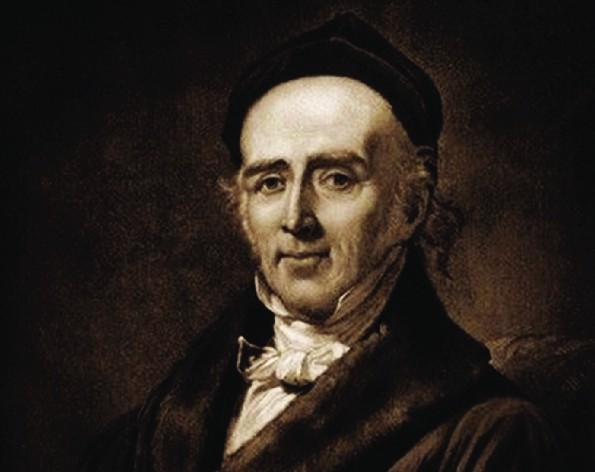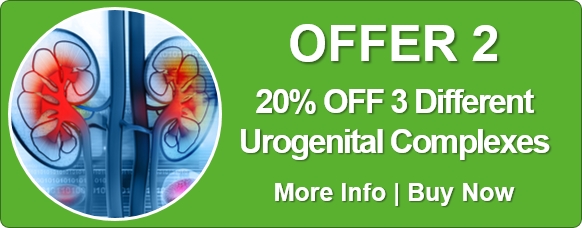The Organon – Aphorism 211-220

§ 211
This holds good to such an extent, that the state of the disposition of the patient often chiefly determines the selection of the homoeopathic remedy, as being a decidedly characteristic symptom which can least of all remain concealed from the accurately observing physician.
§ 212
The Creator of therapeutic agents has also had particular regard to this main feature of all diseases, the altered state of the disposition and mind, for there is no powerful medicinal substance in the world which does not very notably alter the state of the disposition and mind in the healthy individual who tests it, and every medicine does so in a different manner.
§ 213
We shall, therefore, never be able to cure conformably to nature – that is to say, homoeopathically – if we do not, in every case of disease, even in such as are acute, observe, along with the other symptoms, those relating to the changes in the state of the mind and disposition, and if we do not select, for the patient’s relief, from among the medicines a disease-force which, in addition to the similarity of its other symptoms to those of the disease, is also capable of producing a similar state of the disposition and mind.1
1 Thus aconite will seldom or never effect a rapid or permanent cure in a patient of a quiet, calm, equable disposition; and just as little will nux vomica be serviceable where the disposition is mild and phlegmatic, pulsatilla where it is happy, gay and obstinate, or ignatia where it is imperturbable and disposed neither to be frightened nor vexed.
§ 214
The instructions I have to give relative to the cure of mental diseases may be confined to a very few remarks, as they are to be cured in the same way as all other diseases, namely, by a remedy which shows, by the symptoms it causes in the body and mind of a healthy individual, a power of producing a morbid state as similar as possible to the case of disease before us, and in no other way can they be cured.
§ 215
Almost all the so-called mental and emotional diseases are nothing more than corporeal diseases in which the symptom of derangement of the mind and disposition peculiar to each of them is increased, while the corporeal symptoms decline (more or less rapidly), till it a length attains the most striking one-sidedness, almost as though it were a local disease in the invisible subtle organ of the mind or disposition.
§ 216
The cases are not rare in which a so-called corporeal disease that threatens to be fatal – a suppuration of the lungs, or the deterioration of some other important viscus, or some other disease of acute character, e.g., in childbed, etc. – becomes transformed into insanity, into a kind of melancholia or into mania by a rapid increase of the psychical symptoms that were previously present, whereupon the corporeal symptoms lose all their danger; these latter improve almost to perfect health, or rather they decrease to such a degree that their obscured presence can only be detected by the observation of a physician gifted with perseverance and penetration. In this manner they become transformed into a one-sided and, as it were, a local disease, in which the symptom of the mental disturbance, which was at first but slight, increases so as to be the chief symptom, and in a great measure occupies the place of the other (corporeal) symptoms, whose intensity it subdues in a palliative manner, so that, in short, the affections of the grosser corporeal organs become, as it were, transferred and conducted to the almost spiritual, mental and emotional organs, which the anatomist has never yet and never will reach with his scalpel.
§ 217
In these diseases we must be very careful to make ourselves acquainted with the whole of the phenomena, both those belonging to the corporeal symptoms, and also, and indeed particularly, those appertaining to the accurate apprehension of the precise character of the chief symptom, of the peculiar and always predominating state of the mind and disposition, in order to discover, for the purpose of extinguishing the entire disease, among the remedies whose pure effects are known, a homoeopathic medicinal pathogenetic force – that is to say, a remedy which in its list of symptoms displays, with the greatest possible similarity, not only the corporeal morbid symptoms present in the case of disease before us, but also especially this mental and emotional state.
§ 218
To this collection of symptoms belongs in the first place to accurate description of all the phenomena of the previous so-called corporeal disease, before it degenerated into a one-sided increase of the physical symptom, and became a disease of the mind and disposition. This may be learned from the report of the patient’s friends.
§ 219
A comparison of these previous symptoms of the corporeal disease with the traces of them that still remain, though they have become less perceptible (but which even now sometimes become prominent, when a lucid interval and a transient alleviation of the psychical disease occurs), will serve to prove them to be still present, though obscured.
§ 220
By adding to this the state of the mind and disposition accurately observed by the patient’s friends and by the physician himself, we have thus constructed the complete picture of the disease, for which in order to effect the homoeopathic cure of the disease, a medicine capable of producing strikingly similar symptoms, and especially an analogous disorder of the mind, must be sought for among the antipsoric remedies, if the physical disease have already lasted some time.






